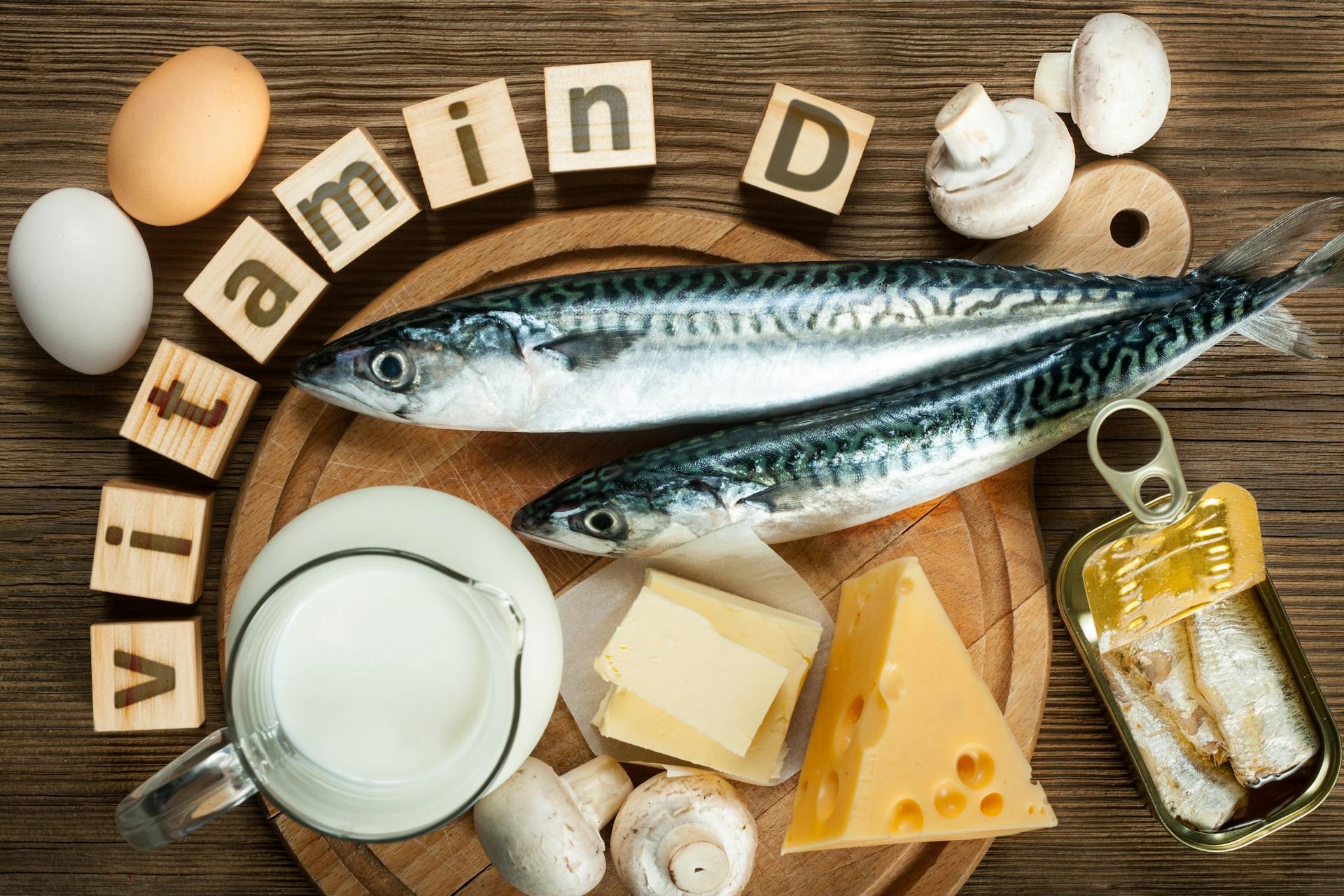With lockdown measures beginning to ease, it might be easy to think that you’ll be able to get out and about and get plenty of Vitamin D if you’ve been inside a little bit too much recently!
After all, we get the majority of our vitamin D from the sun, so it makes sense that being outside as much as possible will help to keep your levels stable and your body strong and healthy.
However, it might surprise you to know that even if you’re getting regular outdoor exercise, you’re still probably vitamin D deficient to some extent! This is due to the lack of sunlight we generally get in the UK and other northern countries, where a huge number of people are at least a little bit vitamin D deficient.
WHAT IS VITAMIN D?
Vitamin D is one of several vital vitamins for regular body function, and HELPS REGULATE THE AMOUNT OF CALCIUM AND PHOSPHATE IN THE BODY. Without enough vitamin D, the body cannot absorb calcium effectively from food, which means it has to take it from your bones instead. This can lead to several conditions such as osteoporosis in adults, and rickets in children. Vitamin D also helps to maintain normal levels of phosphorus in the blood, which maintains bone health.
Vitamin D is particularly important for healthy bone function, but is also closely linked to heart and kidney health. Studies have found that low vitamin D levels can INCREASE YOUR RISK OF CARDIOVASCULAR HEALTH ISSUES, REDUCE THE FUNCTION OF THE IMMUNE SYSTEM AND INCREASE THE LIKELIHOOD OF MENTAL HEALTH CONDITIONS SUCH AS DEPRESSION.
THE BEST VITAMIN D RICH FOODS
So, we know that vitamin D is important, and we know that we probably don’t get enough of it, but what can we do? Vitamin D supplements are always an option (THE NHS RECOMMENDS SUPPLEMENTS WITH A STRENGTH OF 10 MICROGRAMS A DAY FOR THE AVERAGE PERSON), and you should try and get as much sunlight as possible on a regular basis, but be mindful of your skin’s health too - make sure you protect your skin and don’t stay in the sun if you can feel it burning or see your skin start to turn red from sunburn.
However, you can also help improve your vitamin D levels through your diet. There are actually quite a small number of foods that contain vitamin D naturally, but there are plenty of ways to incorporate them into your diet.
Oily fish like salmon, sardines, herring and mackerel are high in vitamin D, as ARE RED MEATS, LIVER, TUNA AND EGG YOLKS. Fortified foods will have additional Vitamin D in them. Some commonly fortified foods include certain breakfast cereals and some fat spreads. In some countries, cow’s milk is regularly fortified, but it isn’t in the UK, so is not generally considered to be a good source of Vitamin D. However, it is an excellent source of calcium., which also contributes to healthy bone function. Soy milk and other milk substitutes can also be fortified, which is great news for vegetarians and vegans, who often struggle to get more vitamin D in their diet.
Another plant-based option that is high in vitamin D is mushrooms. A veggie staple, if you’re looking to incorporate more vitamin D into your diet, take a bit more time looking at the mushrooms you buy. Wild mushrooms are excellent sources of Vitamin D, and certain brands are treated with UV light, which improves their vitamin D content. However, many commercially grown mushrooms are grown in the dark and so have much lower vitamin D levels.
If you’re looking for a high-vitamin D option for your next Bozu meal prep, take a look at our Breakfast Frittata, Salmon Chimichurri, Pulled Beef or Stewed Steak options. With so many delicious meals on your menu, IT’S EASY TO STAY HEALTHY AND BALANCED WITH BOZU.
